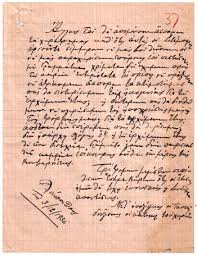
In S. (FCA) v S. ( CE) 2023 BCSC 1098 the court determined that the respondent had waived solicitor client privilege over parts of her former counsel’s file by disclosing correspondence between her and her former counsel in her application to amend pleadings.
Counsel for the respondent was ordered to deliver copies of all communications relating to the topic of the disclosures.
THE LAW
Waiver of privilege can be express or implied. A court will deem privilege waived where a party takes a position inconsistent with the maintenance of privilege or makes legal assertions that make it unfair for them to rely on privilege: Do Process LP v. Infokey Software Inc., 2015 BCCA 52 at para. 23.
In an oft-cited passage from S. & K. Processors Ltd. v. Campbell Avenue Herring Producers Ltd., [1983] B.C.J. No. 1499 (BCSC), Justice McLachlin, as she then was, established the basic principles of voluntary waiver of privilege:
Waiver of privilege is ordinarily established where it is shown that the possessor of the privilege: (1) knows of the existence of the privilege; and (2) voluntarily evinces an intention to waive that privilege. However waiver may also occur in the absence of an intention to waive, where fairness and consistency so require. Thus waiver of privilege as to part of a communication will be held to be waiver as to the entire communication…
It has long been the rule that where privilege is waived, production of all documents relating to the acts contained in the communication will be ordered: see also Doland (George) Ltd. v. Blackburn, Robson, Coates & Co., [1972] 3 All E.R. 959 (Q.B.), cited in Sopinka et al, The Law of Evidence in Canada (6th ed.) at p. 1102. The policy reasons for this incursion into the sphere of privilege are fairness and consistency: see S. & K. Processors Ltd., supra. A party cannot “cherry-pick” favourable aspects of privileged communications without disclosing the entirety of the communication.
This prohibition against “cherry-picking” and using privilege as both a “sword and a shield” was further defined in Pacific Concessions, Inc. v. Weir and Weir, 2004 BCSC 1682. In that case the defendant sought to rely on email communication between himself and his counsel, which he appended to his affidavit, as evidence to support his position at the summary trial. The plaintiff argued that in appending emails to his affidavit, the defendant waived solicitor-client privilege attaching to his communications with his counsel regarding the subject matter of the action. Justice Kirkpatrick found that solicitor-client privilege had been waived with respect to the email that was appended and any communications passing between the defendants and their solicitor in response to the issues raised in the email as follows:




